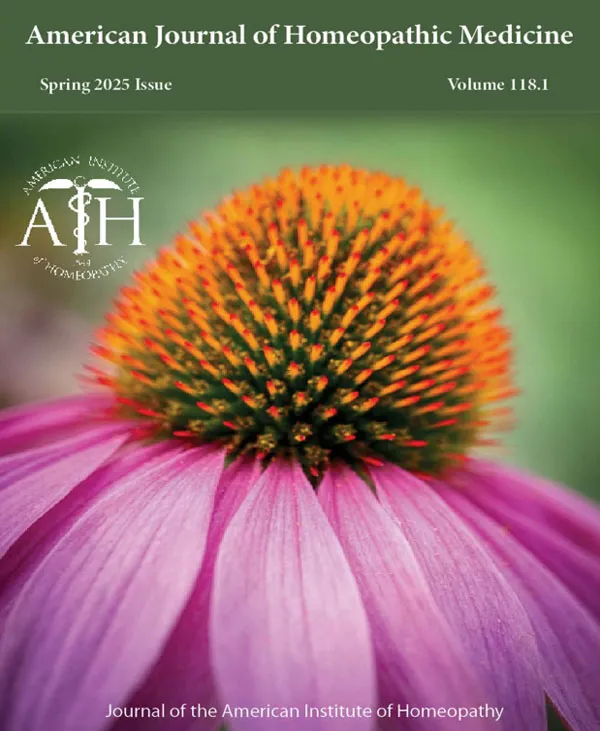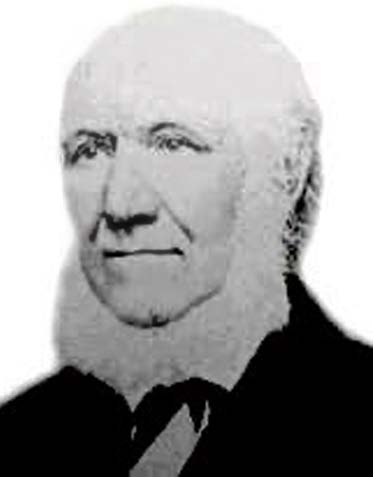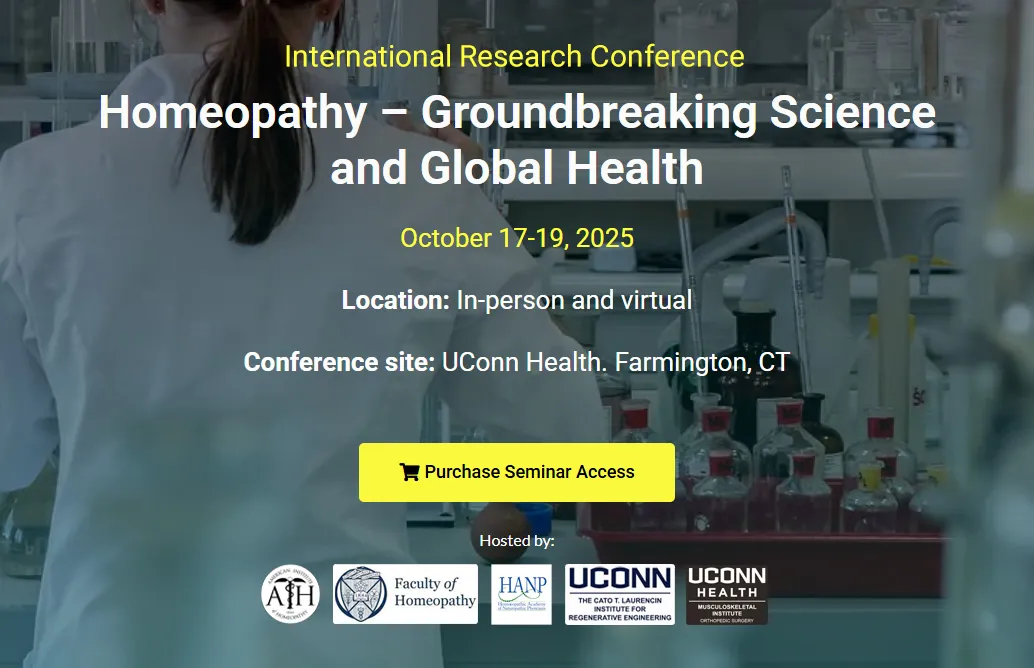
From the Archives: Jacob Jeanes, MD
The President of the [Philadelphia County Homoeopathic Medical] Society, Dr. R.J. McClatchey, after calling the meeting to order, addressed the members as follows:
 Fellow -Members of the County Medical Society and Fellow Practitioners: …
Fellow -Members of the County Medical Society and Fellow Practitioners: …
He was familiar to us all. His homoeopathic medical life embraces almost the entire history of Homoeopathy in Philadelphia and in America, and in all its various epochs and phases he was a conspicuous figure. In its early practice and promulgation; in the establishment of its respectability; in the organization of its societies, colleges, hospitals, and other institutions: in the enlargement and development of its materia medica; in the elevation of its literature; in the instruction of its students; in the cultivation of amenities and ethics among its practitioners; in setting a good example to his fellows; and, in fact, in all places where it was honorable for him to be, and in all departments of usefulness, he was prominent as a worker, although with so much modesty, with so much unobtrusiveness, with so remarkable an absence of egotism and self-love, . . .
His venerable head would bow in thoughtfulness ere he rose to speak, and then his views were given to his fellows with the utmost calmness, clearness and precision, and withal with a certain winning force, if I may be allowed to use the expression, which had a marked effect. It is the truth that the influence of this man was a winning one; he did not push his hearers into his opinions or force them to adopt his views by excluding from them all others, but he gently, mildly, quietly, but powerfully, led them to follow him . . .
Dr. Jeanes was one of the original members of the American Institute of Homoeopathy, and its President in 1845. He served very efficiently for several years as a member of the Bureau of Materia Medica of the Institute, or Central Bureau, as it was formerly called, and in this capacity made many provings. We owe our knowledge of Benzoic acid chiefly to Dr. Jeanes, and our knowledge of many other drugs is also due in whole or in part to his devoted labors.
He was one of the founders of the Homoeopathic Medical College of Pennsylvania in 1848, and was Professor of the Principles and Practice of Medicine in that institution in the years 1848-49 . . .
The evening of the day of his fatal attack was spent by him in comfort, health and the best of spirits. Among the last words he spake were words of affection to his wife—words of cheerfulness and of hearty comfort. He retired, fell asleep, and his wife awoke to find him unconscious. He never spoke again; the stupor became complete; he lingered a few hours and then went to his reward. His was one of the most conscientious of lives, and in his death his earnest wish was gratified. In one of his last conversations with those he loved, he expressed a wish that he should not be compelled to drag out a useless old age. He said: ‘’While I am of use I wish to live, but when my time of usefulness is gone, I wish to die quickly, that I may give no trouble to those whom I leave.”
His whole desire was to do good to others and that even his death might not be a burden to anyone; that he might pass from the world without much attention. His great anxiety in regard to speaking in our medical meetings and in writing for our journals was lest people might think he craved notoriety. His greatest fear was that too much might be said about what he did. None of his invaluable observations went into print through his own direct agency. They were freely given in the meetings of our society, and it was thus that we became possessed of his many provings. I have the manuscript of his provings made during a period of forty years, and in that book one can read the whole life of Dr. Jeane . . .
The number he attended gratuitously were legion and when he died, he left the request that all who felt that they were indebted to him for medical services could pay the amount as a donation to the Homoeopathic Hospital. (Trans. Am. Inst. Hom., 1878. Am. Hom. Obs., vol. 16, p. 581. Hahn. Monthly., April, 1878. N. Y. Hom. Times, vol. 5, p. 289. Trans. Hom. Soc. Penna. 1874-78.)1
References:
- Bradford TL MD. The Pioneers of Homoeopathy. Philadelphia. Boericke & Tafel. 1897. Pp. 386-392.
About the AJHM
The American Journal of Homeopathic Medicine (AJHM) is a peer-reviewed scientific journal, specifically intended to meet the needs of physicians involved in the specialty of homeopathy. The editor invites original manuscripts, feature articles, research reports, 'Homeopathic Grand Rounds' cases studies, abbreviated case reports for 'Clinical Snapshots,' seminar reports, and position papers that focus on homeopathy, as well as book reviews and letters to the editor. Click below to subscribe to the Journal.
Latest Issue of the AJHM

AJHM – Spring 2025
Volume 118 Number 1
Table of Contents
- Editorial: In this issue
- President’s Message: Our Guiding Precepts
- Homeopathic PuZZle?
- Alchemy, Spagyrics, and Homeopathy: Tracing the Threads of Energetic Medicine
- The Genius of Fluoricum acidum: Part One
- An Interesting Case of Kola
- Book Review: ‘Lessons in Pure Homeopathy, From the Writings of Hahnemann’s Best Student and Medicine’s Most Successful Practitioner, Adolph Lippe, MD’ – Edited & Annotated by A. Saine, ND
- Book Review: ‘Folkways and Homoeopathy: Our Ancestral Secret of Healing’ by Shailendra Ramchandra Vaishampayan


